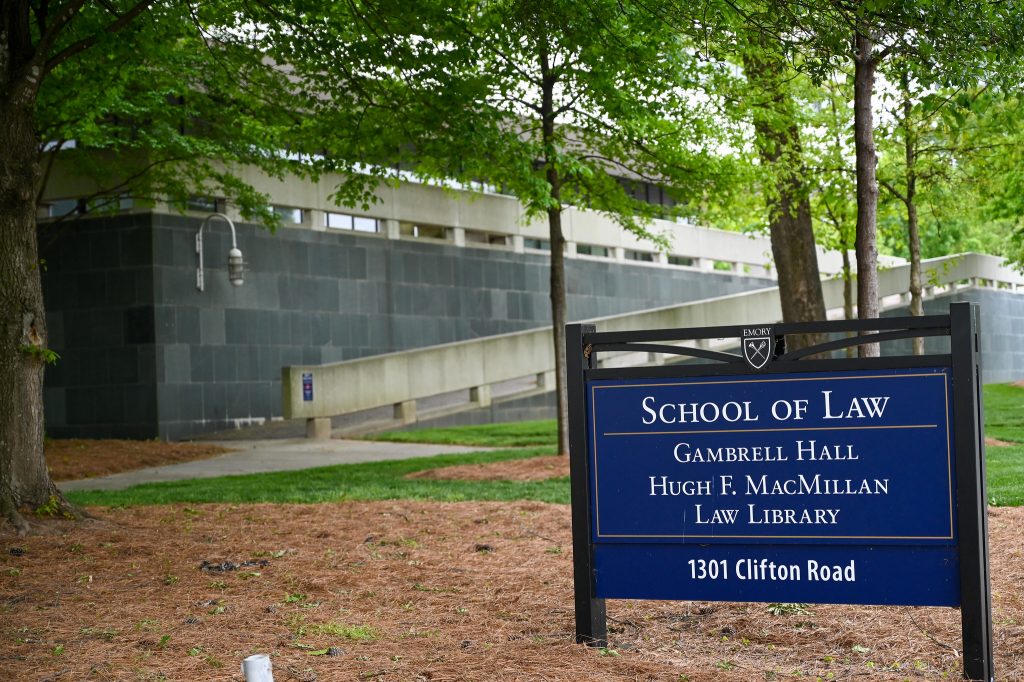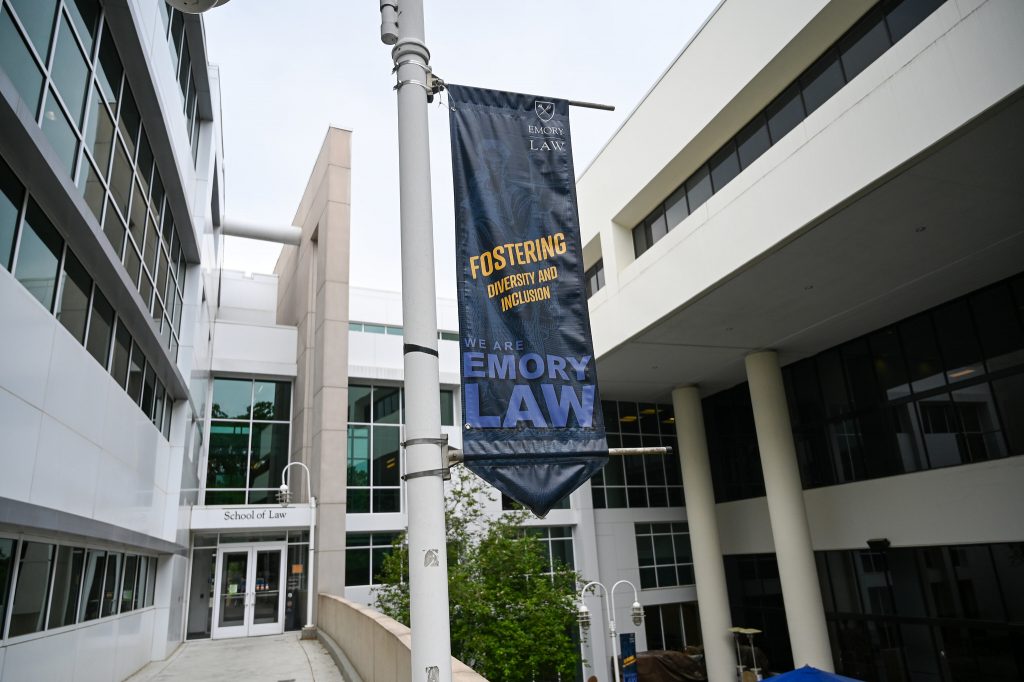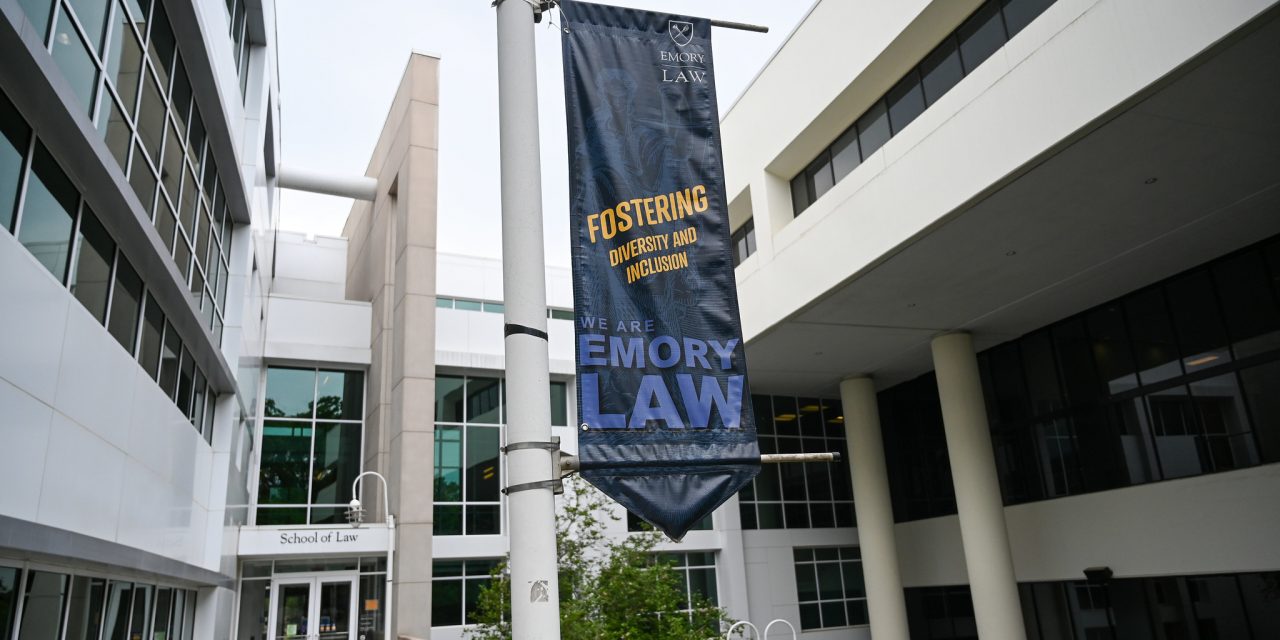The Emory University School of Law received a groundbreaking, multi-million dollar grant by the Southern Company Foundation to create a Center for Civil Rights and Social Justice. The grant will also support efforts to improve student achievement and access at Emory College and the Winship Cancer Institute.
Totaling $7 million, with $5 million allocated towards the Center, the grant is the largest single gift to the law school in its history. This donation is among the most significant gifts aimed at establishing an academic center focused on civil rights and social justice in Georgia, according to the University.

Photo Courtesy of Emory University
University President Gregory L. Fenves called the grant a “visionary investment” that sends “a powerful message about our shared commitment to civil rights and social justice.”
The Center is intended to deepen the law school’s ongoing engagement and research on social justice and civil rights issues, a domain considered an “area of impact” that extends beyond the conventional legal education.
“[We need to think about] the opportunity and responsibility we have as a law school located in Atlanta, one of the major birthplaces of the civil rights movement, to bring all [social justice] activity together to have a broader impact locally, nationally and globally,” Law School Dean Mary Anne Bobinski said.
Bobinski also stated that Professor of Law Darren Hutchinson is forming a working group that will bring together faculty from different research areas to encourage cross-disciplinary cooperation on diverse areas of social justice advocacy. These topics include criminal justice reform, environmental racism and health disparities.
Hutchinson is the inaugural John Lewis Chair for Civil Rights and Social Justice, a position founded to honor and perpetuate the late Congressman and civil rights hero’s philosophy of “good trouble.”
Hutchinson outlined two central goals of the Center: the discussion and generation of social justice policy and the educational component of social justice. The first goal involves convening policymakers, students, activists, attorneys and academics, while the latter involves exposing students to scholarship on inequality-related issues and equipping faculty to integrate what they learn through the Center’s programs into the classroom experience.

Photo Courtesy of Emory University
Though situated in the law school, Hutchinson is pursuing an interdisciplinary ethos so the Center has a university-wide impact. Along those lines, Hutchinson said it’s crucial to also include conversations about inequality at Emory.
“Emory cannot be the guardian of social justice if there are problems of social inequality,” he said.
Hutchinson also seeks to build on community outreach that is respectful and change-focused, which is important given that local voices are key stakeholders in decisions that impact communities.
A potential initiative Hutchinson hopes to implement in the law school is community advice clinics. Here, law students would provide advice to community organizations on their rights to protest and free speech as well as assist them in acquiring grants to clean up housing or improve schools. School-community partnerships will function as a central pillar governing the Center for Social Justice and Civil Rights’ operations, he added.
Over the past couple years, demands for racial justice by the Black Lives Matter movement prompted many companies and universities to issue public statements in solidarity with social justice efforts. “Now is the moment to test that dedication,” Hutchinson emphasized.






